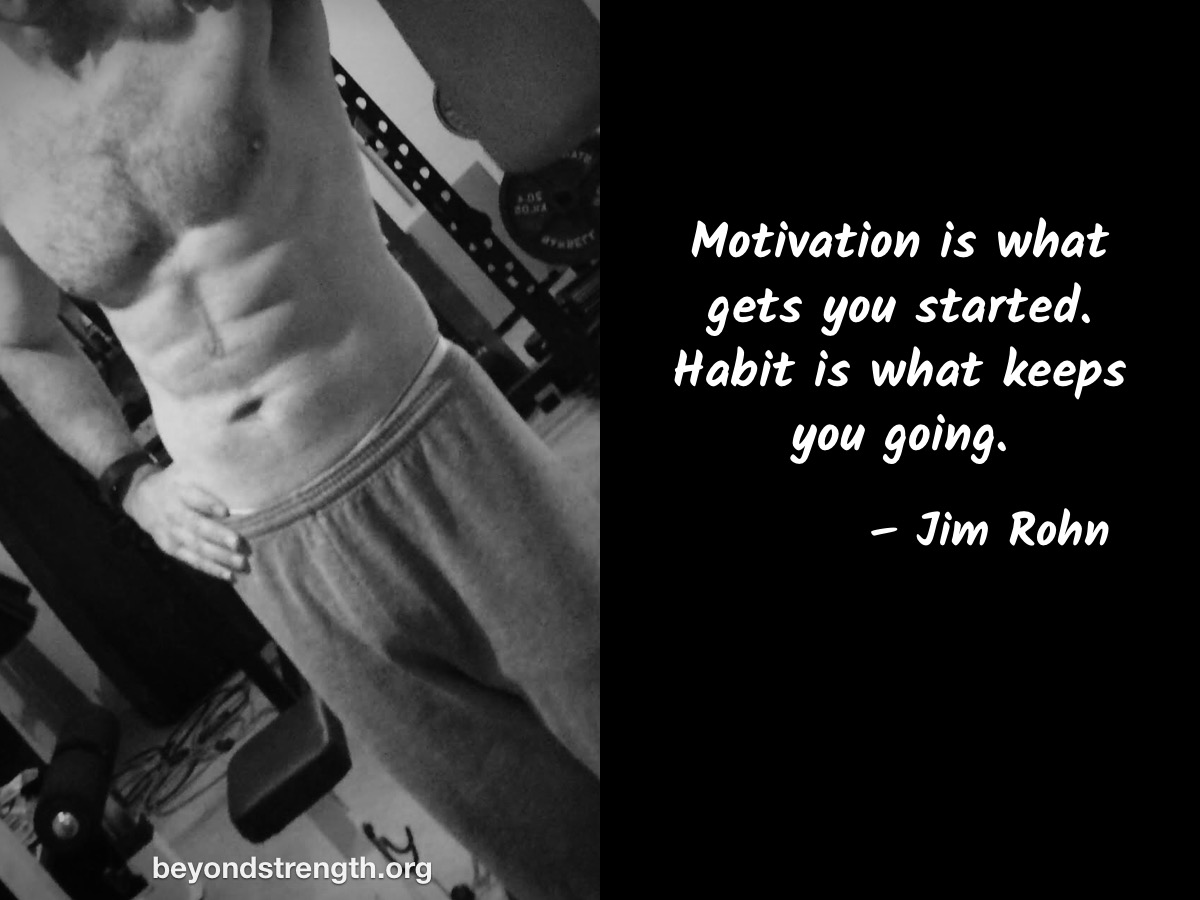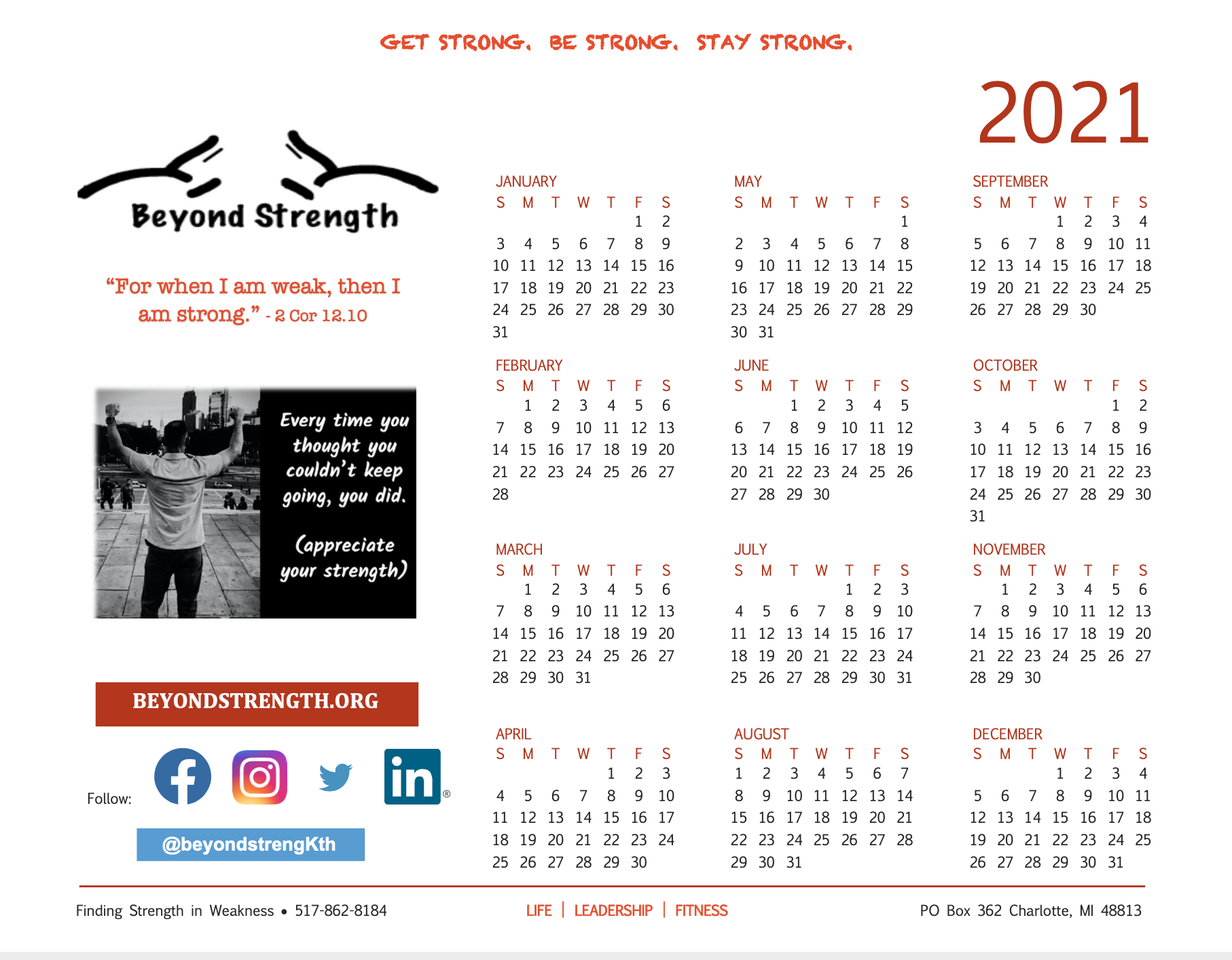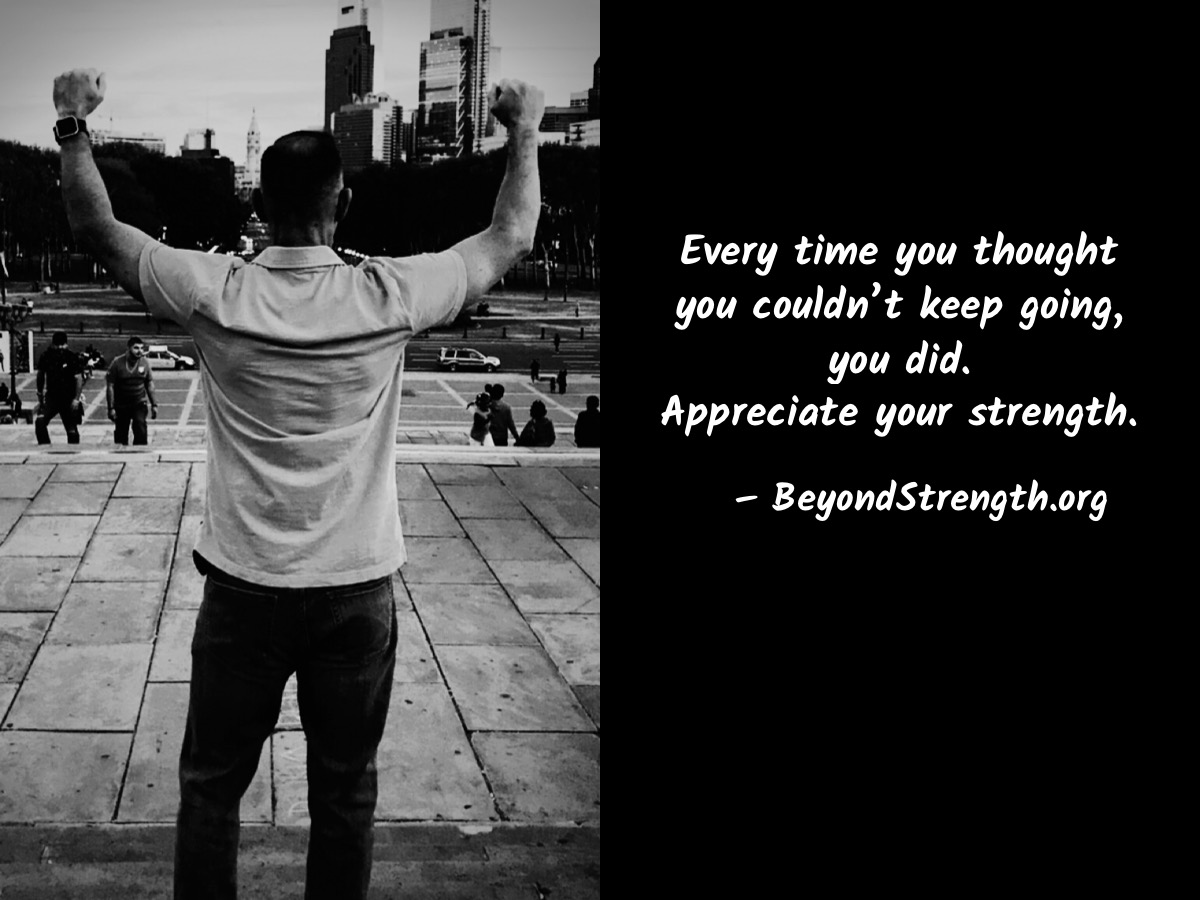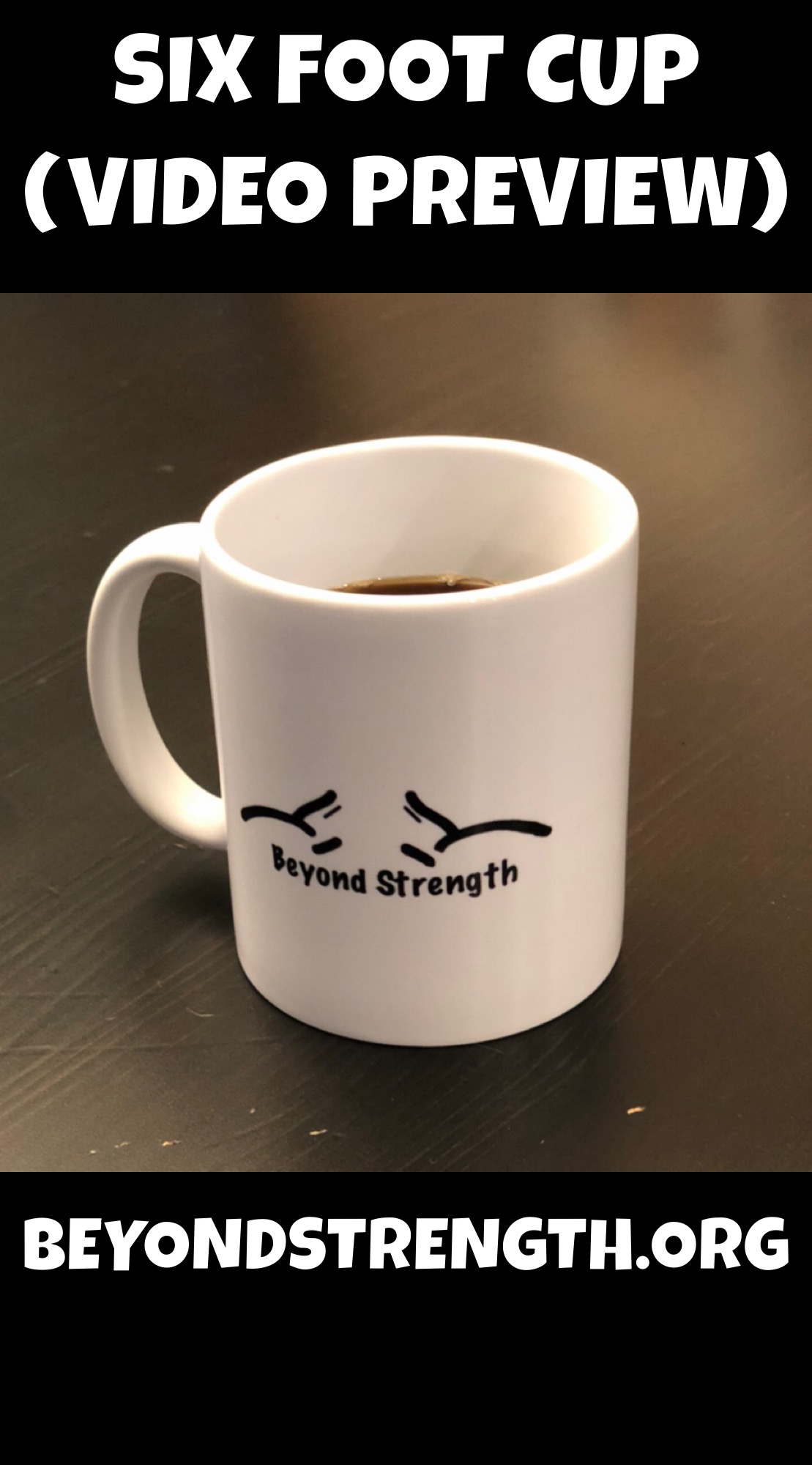A Google search reveals a few definitions for ‘paradox’: a seemingly absurd or self-contradictory statement or proposition that when investigated or explained may prove to be well founded or true; a statement or proposition that, despite sound (or apparently sound) reasoning from acceptable premises, leads to a conclusion that seems senseless, logically unacceptable, or self-contradictory; a situation, person, or thing that combines contradictory features or qualities. Paradoxical then being something with two meanings that don’t make sense together; or a contrary opinion.
A similar search reveals confliction is a fight or strong disagreement (conflict).
Paradox, conflict, contradiction. Redundant or not, this concerns my internal disagreement (conflict), compounded by contrary opinions.
I’m surely not the only person of faith who sometimes feels conflicted. Not just because of differing opinions or interpretations of scripture. The fact is, there are a number of contradictory or paradoxical statements in the Bible. For instance, giving to receive; dying to live; walking by faith not by sight; being yoked (laboring) to find rest; humbling oneself to be exalted; loving your enemies; God loves me yet allows heartache in my life. Even the subtitle of this blog, ‘Finding Strength in Weakness’, is paradoxical and rooted in the Bible.

Pondered within context, these present little problem for the believer. In fact, understanding them often leads to greater peace and a deeper relationship with God.
But perhaps a greater problem for many is confliction or confusion reconciling life today to biblical times. Every believer should guard against trying to conform a timeless and limitless God into their convenient discomfort-avoiding-box-of-human-relativism (modern existence). But the fact is, scholars sometimes interpret the same scripture differently, which can be particularly troublesome for believers…especially when it comes to commandments versus convictions. Making matters worse for already conflicted or confused people of faith, it is not uncommon for so-called pillars of the church to be most rigid in their ‘convictions’. And the first to confuse them for commandments.
I have a low threshold for boredom and a high threshold for busyness. This leads to a variety of extra responsibilities, hobbies, social activities, and other things that consume my time. Serving on various boards of directors and work activities provide professional satisfaction; hobbies and a variety of other creative endeavors provide needed outlet and opportunity to spend time with friends and family. Which is paradoxical in itself: being too busy can elevate stress or negatively impact relationships, while boredom often leads to nothing good (cf idle hands are the devils playthings). Which can likewise elevate stress and lead to nothing good, by the way.
My issue is a combination of trouble saying no, desire to please people, and knowing my propensity for less-than-productive thought life tendencies when I sit idle too long. Maybe I’m ‘wired’ that way, or maybe some of the things I’ve seen and done – that people really shouldn’t – somehow crossed up my wiring along the way.
Which brings me to my current confliction.
My friend Steven and I recently started something we call the Rhythm Section’s Guide to Mixology. He had the idea to create instructional videos of us making cocktails for our wives, while helping viewers “up their drink making game.” Between our friendship and the chemistry we already have playing in a band together, we knew it would be a creative way to do something fun together with our wives.
So what’s the conflict?
First, I’m confident not all of my Christian friends approve or agree with what we’re doing. While we certainly never advocate over-indulgence, nor partake in most of the concoctions ourselves, alcohol consumption is still one of those areas where Christians widely disagree. I’m no biblical scholar, but this is one of those commandment versus conviction situations that is highly sensitive and can create confusion or misunderstandings. So I’m concerned with how some feel about this venture. There’s also this paradox: even if it isn’t inherently wrong, neither do I want to cause anyone to stumble (cf 1 Cor 10.31). Self-doubt is seldom in short supply for me.
Secondly, I take great care, time, and effort providing essays here that are meaningful, insightful, helpful, or mildly entertaining. While I deeply appreciate every follower and all the shares, likes, and comments, our first Rhythm Section’s Guide to Mixology episode garnered more views and feedback than many of my articles, combined.
Oof. Not only is that disappointing, it may also be a sign it’s time to add something to this project, as well. More to come on that.
Here’s a few other head-scratchers to ponder, paradoxes or not.
I can’t see the forest for the trees; gotta be cruel to be kind; Tequila is mezcal, but mezcal is not necessarily tequila (thanks Matt and Dave); bourbon is whiskey, but not all whiskey is bourbon; champaign is wine, but wine is not necessarily champaign.

These are clearly not the best examples of paradoxes or conflictions, so I encourage you to comment below with a few of your own.
I also encourage you to research an old article by Jerry B. Harvey where he explains the Abilene Paradox. The Abilene Paradox says that the “…inability to manage agreement, rather than conflict, is the single most pressing issue of modern organizations” and that “Organizations frequently take actions contrary to the desires of any of their members, and defeat the very purposes they set out to achieve.”
Paradox for thought.
Get Strong. Be Strong. Stay Strong.
https://www.vocabulary.com/dictionary/paradoxical




























